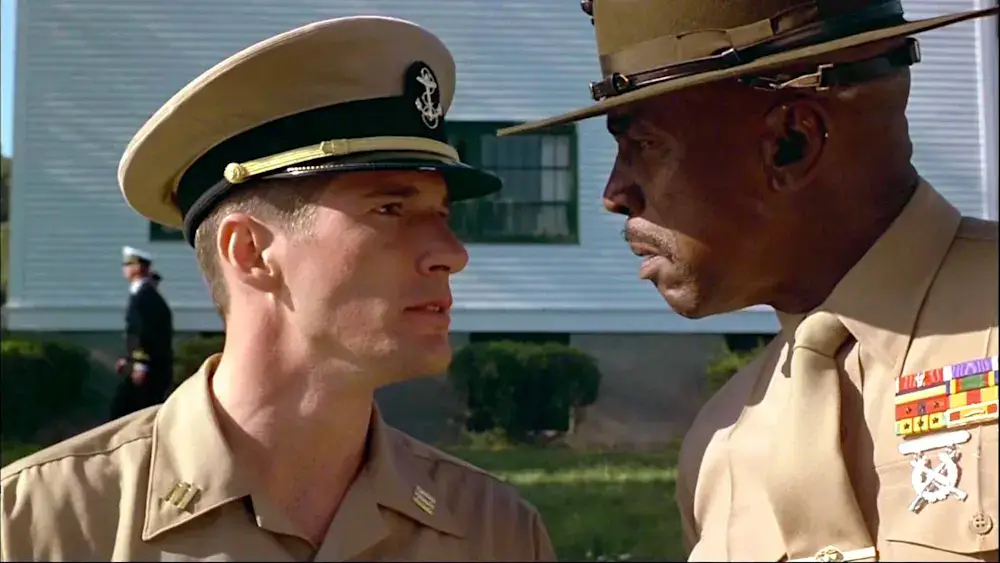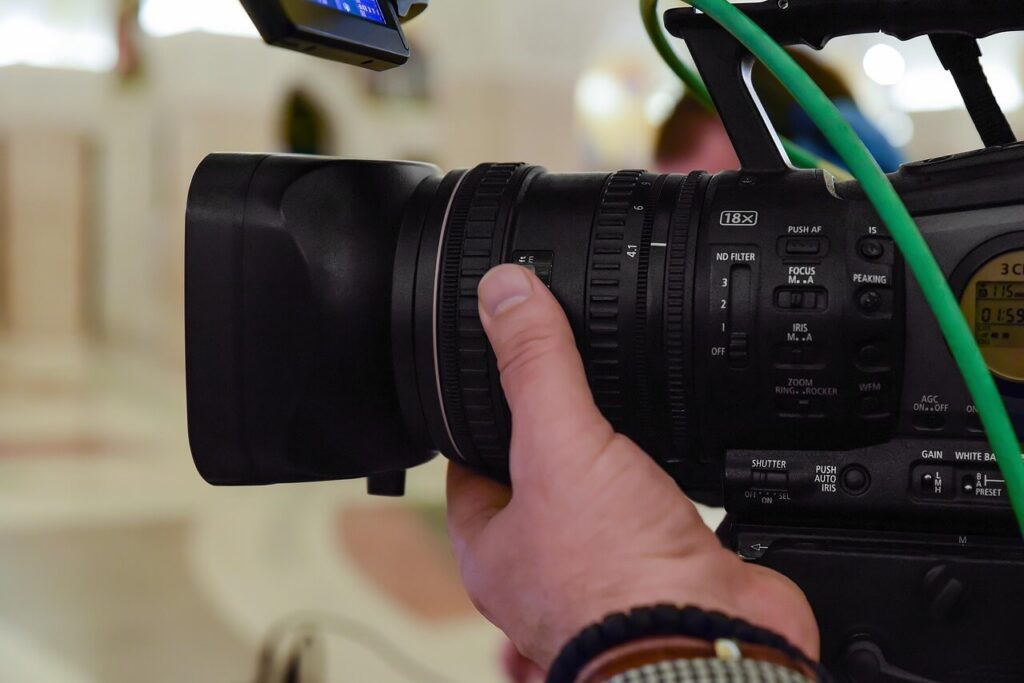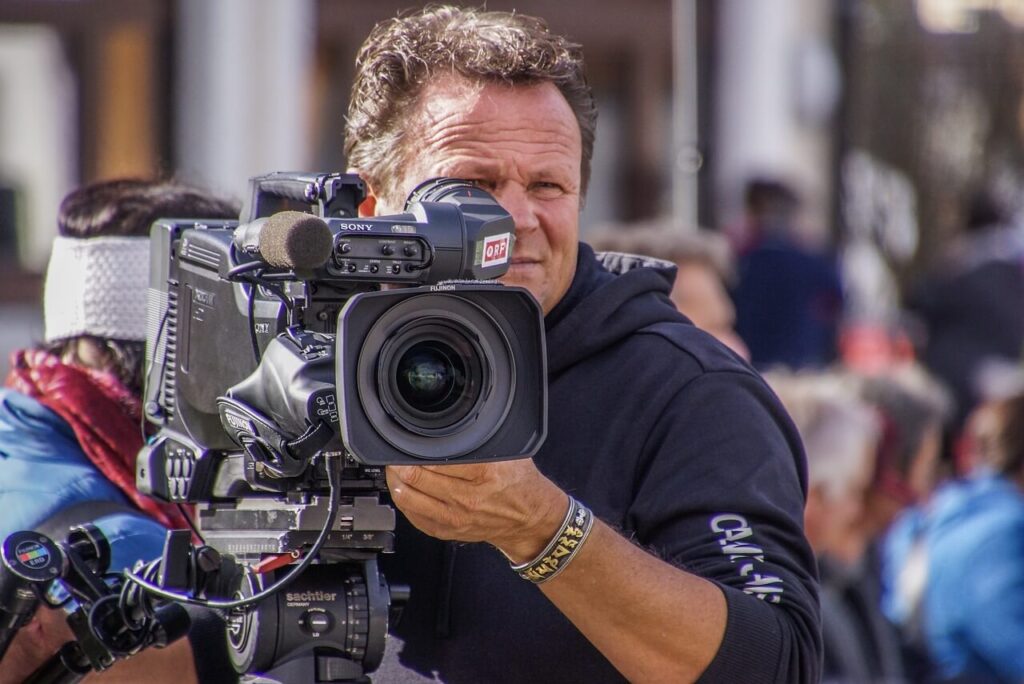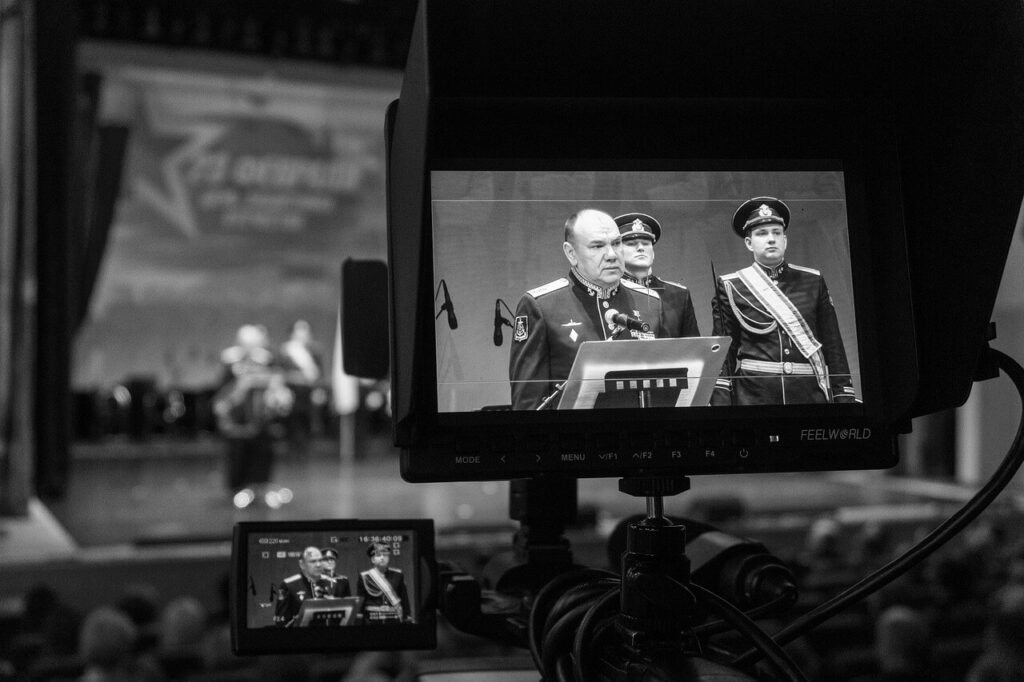
By now dust has begun to settle from the recent India-Pakistan skirmish and Operation Sindoor. Seven Indian delegations have returned home after successfully conveying to the world how India has endured years of suffering, particularly since 1989, due to Pakistan’s ongoing so-called proxy war through the use of terrorism. The delegations also highlighted India’s measured yet firm response to such acts and presented the evolving doctrine that outlines how India intends to respond to any future acts of terror. These delegations are known to have received good response from various countries across the world.
These delegations were able to present India’s viewpoint in a professional, calm, yet assertive manner. The entire exercise can serve as a lesson in how to counter false narratives constructively. Unfortunately, following the Pahalgam attack, the tone and quality of debates on these issues in Indian electronic media painted a very different picture.
Since the Pahalgam terror attack on 22 April 2025, most Indian electronic and social media outlets have been in a frenzy, intensely covering the incident and its aftermath. This is an opportune time to examine the unfolding of some events which did not happen in the battleground but on electronic media with calm and clarity. It is necessary to undertake an objective analysis of certain aspects surrounding the so-called ‘war’ fought not on the battlefield, but across electronic media platforms.

In 1982, a Hollywood movie titled An Officer and a Gentleman took the world by storm. This American romantic drama film received widespread acclaim and critical praise. It explored themes of emotion and human behaviour, resonating with audiences globally. It showcased how military officers are expected to represent the qualities of true gentlemen, and how their rigorous training instils such values. The film highlighted the importance of officers leading by example and upholding gentlemanly behaviour, both in uniform and beyond.
The phrase officer and a gentleman has its origins in military traditions, particularly within the British Navy, where it denoted a high standard of conduct and moral character. Unfortunately, in recent times, a few retired Indian military officers have been seen deviating from this established norm, particularly the way they conduct themselves in public discourse and media appearances.
The Indian Armed Forces inherited much of their structure from the British military during colonial rule. From organizational hierarchy and ranks to training methods, doctrines, and customs, many similarities persist even today. Naturally, with the passage of time and decades after independence, some changes have occurred. However, very little has changed in terms of mannerisms and etiquette.
But surprisingly, recent electronic media debates, especially around the time of Operation Sindoor have revealed a concerning shift. Few individuals from the military veterans’ community appear to have “crossed the Rubicon.” It has become evident that a few retired officers are no longer upholding the decorum traditionally associated with being an officer and a gentleman.

Some television anchors are known for the temperament they display and the derogatory language they use. For them possibly that is their USP and if they are getting some good TRP ratings from such behaviour then they are likely to continue with this stupidity. However, it is surprising that people with a defence background get carried away and join the shouting brigades. It is sad to witness that some media houses are actually converting their studios into a war circus. Actually, retired defence officers should not participate in debates featuring political party representatives, as such debates often lack professionalism.
It is well understood that a soldier is trained to respond to the call of duty not with uncontrolled emotion, but with discipline, clarity, and resolve. A true soldier does not react to conflict or war with anger, but with deliberate determination to resolve the conflict on his own terms. Military offers evaluate threats and analyses situations with sound judgment, resorting to impulsive reactions only in rare, exceptional circumstances.

During conflict, when emotions naturally run high, a soldier is expected to channel any anger correctly and act in a calm, calculated, and professional manner. The battlefield demands decisions made with a cool head and steady hand with the proper appreciation of the situation. Actually, it is the ability to remain composed and deliberate that separates a professional soldier from an untrained fighter. Military training plays a crucial role in transforming raw emotions into disciplined actions. It is a delicate balance between ethics and morality on one hand, and cold-blooded precision on the other. Indian armed forces have one of the best training facilities in the world and officers from various services undergo professional training courses at different levels of senioritis. It is distressing to see that some of the retired officers who are the products of the finest military training institutions in the world are behaving in such an unruly manner in the television debates.

Some retired military (luckily in limited numbers) officers who are expected to ensure the honour of the military uniform which they once wore are projecting entirely a different image. It is said that a soldier’s spirit never retires. But what we are witnessing today is that the officers who are supposed to be the custodian of the military honour even after their retirement are behaving exactly the opposite.
In democracy every individual has a right to differ from others point of view. Nevertheless, during televised debates it is found that few retired defence officers are engaging in heated arguments and exhibiting unruly behaviour. These offers are expected to provide expert analysis on the security situation and make concrete suggestions to the policy makers to decide on the future course of action. This is not to say that the emotions would not run high when innocent civilians are massacred. However, what separates defence officers from others is that they would be more rationalist in their approach. Simply by shouting they are reducing the standards of such debates. People expect some sensible suggestions from them since they have once held positions of responsibility in the armed forces.

It is often said that defence officers are trained to kill. However, more importantly, they are trained to make prudent and ethical decisions, especially when circumstances become challenging. They are not just combatants but also are exemplars of discipline, dignity, and leadership. The Indian military establishment is widely recognized for its commitment to fighting just wars, conflicts guided by principles of legitimacy, restraint, and adherence to international norms.
The younger generation is inspired to join the armed forces for a variety of reasons. However, the sight of retired military officers shouting aggressively and using abusive language during television debates can be deeply disheartening. Such conduct risks undermining the values the armed forces stand for and could dampen the enthusiasm of aspiring youth.

